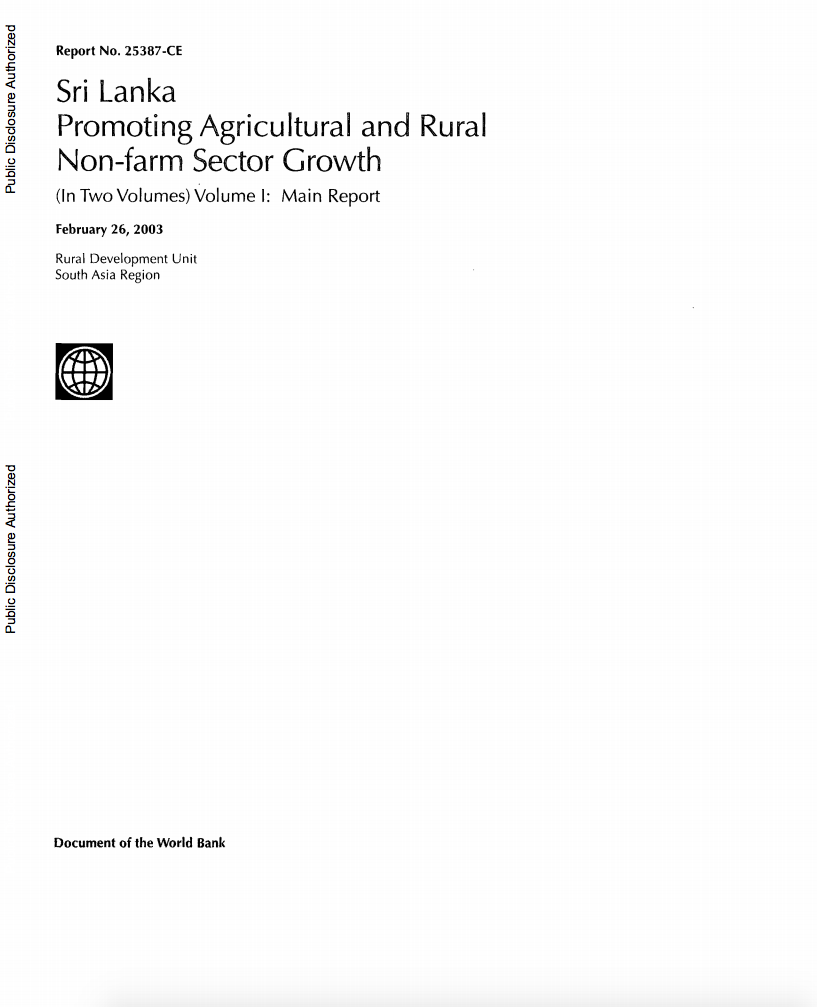China’s Employment Challenges and Strategies after the WTO Accession
Although China has made impressive progress in economic development and improving social well-being, it is facing many daunting challenges while transforming toward a knowledge and service-based economy and further opening up to international competition after its WTO accession in the context of knowledge revolution. One of the biggest challenges is how to create 100-300 million new jobs in the coming decade to absorb the millions of laid-offs, rural emigrants and newly added labor force.


